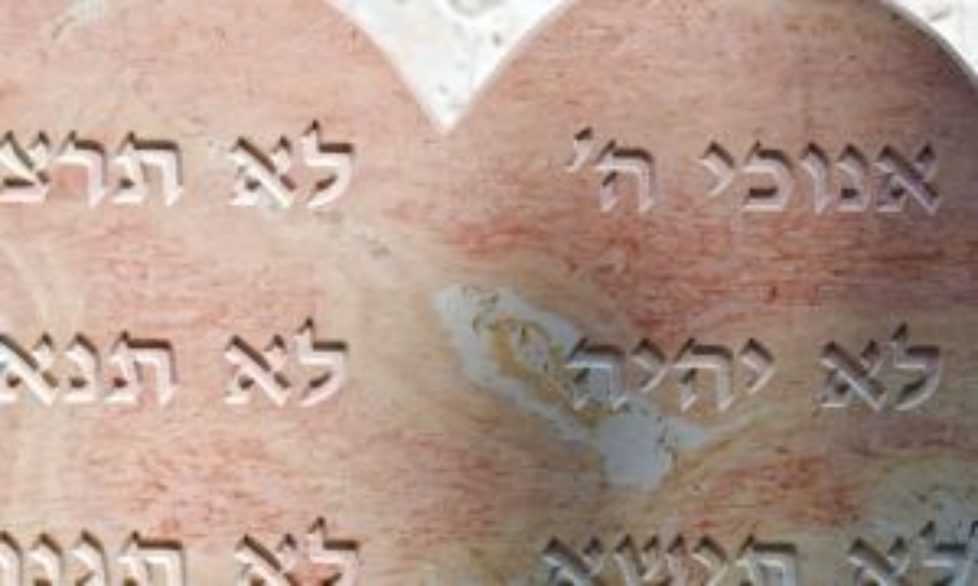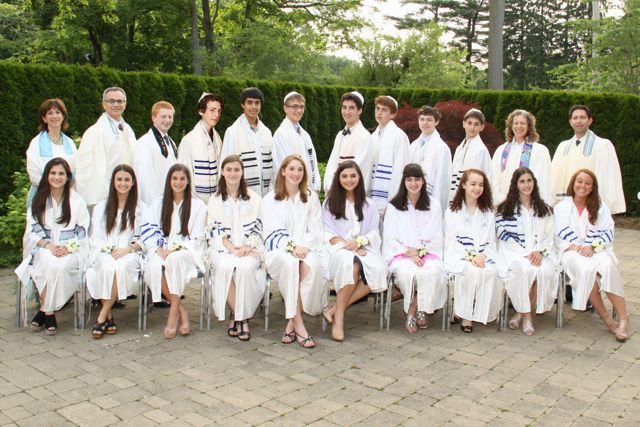
Shavuot is one of the three major pilgrimage festivals of ancient Israel and occurs seven weeks after Passover. В Shavuot marks the giving of the Torah at Mount Sinai. Like so many other Jewish holidays, Shavuot began as an ancient agricultural festival, marking the end of the spring barley harvest and the beginning of the summer wheat harvest. Shavuot was distinguished in ancient times by bringing crop offerings to the Temple in Jerusalem.
The Torah tells us it took forty-nine days for our ancestors to travel from Egypt to the foot of Mount Sinai (the same number of days as the Counting of the Omer ) where they were to receive the Torah. Thus, Leviticus 23:21 commands: “And you shall proclaim that day (the fiftieth day) to be a holy convocation!” The name Shavuot (“Weeks”) then symbolizes the completion of a seven-week journey.
Special customs on Shavuot include the reading of the Book of Ruth, which reminds us that we too can find a continual source of blessing in our tradition. Another tradition includes staying up all night to study Torah and Mishnah, a custom called Tikkun Leil Shavuot, which symbolizes our commitment to the Torah, and that we are always ready and awake to receive the Torah. Traditionally, dairy dishes are served on this holiday to symbolize the sweetness of the Torah, as well as the “land of milk and honey”.
 On Erev Shavuot, we celebrate the giving of the Torah to Israel at Mt. Sinai with aВ ConfirmationВ service led by our tenth-grade class. At this point in their on-going JewishВ education, our tenth-graders celebrate aВ public affirmation of their commitment to live as Jews. On Shavuot morning, our worship service includes Yizkor, a service of remembrance for our loved ones.
On Erev Shavuot, we celebrate the giving of the Torah to Israel at Mt. Sinai with aВ ConfirmationВ service led by our tenth-grade class. At this point in their on-going JewishВ education, our tenth-graders celebrate aВ public affirmation of their commitment to live as Jews. On Shavuot morning, our worship service includes Yizkor, a service of remembrance for our loved ones.
